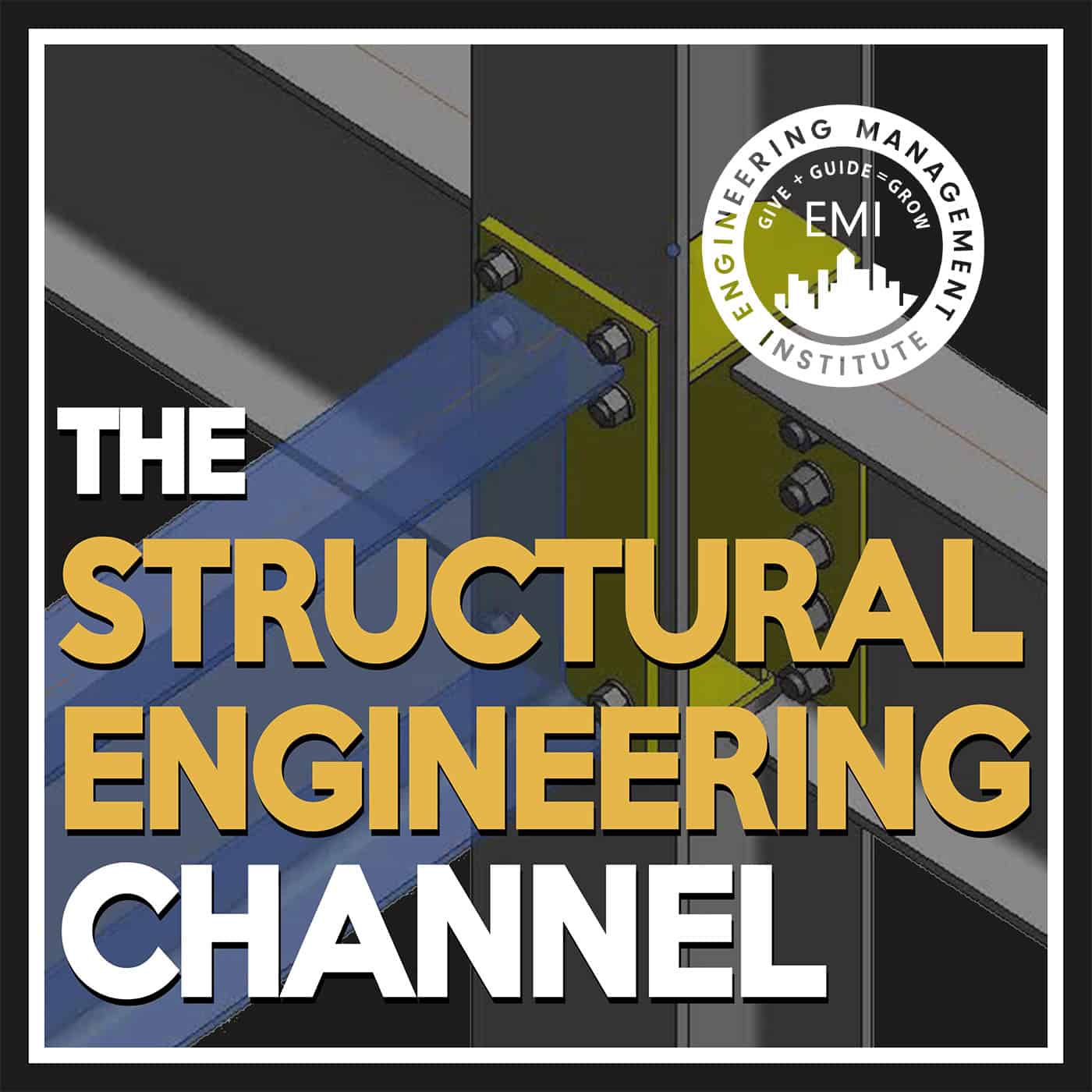The Surprising Secrets to Successful Engineering Talent Retention – Ep 140
Description
In this episode, I talk with Mark Riffey, CEO of ENERCALC, about his valuable insights on engineering talent retention, implementing strategies to prevent burnout, and successfully navigating the ever-evolving landscape of remote work within the engineering industry.
Engineering Quotes:
Here Are Some of the Questions We Asked Mark:
How does your team integrate the expertise of structural engineers and software developers, and what unique contributions do each bring to your software development process?
What are the primary factors driving engineers to leave the industry early in their careers, and how can companies create better work environments to retain them?
How can leadership foster a sustainable work environment that prevents engineers from experiencing burnout and overwork?
What strategies can leadership use for better engineering talent retention, considering the impact of turnover on project continuity and company culture?
What project management practices can firms adopt to avoid a high-pressure "grind" environment and ensure sustainable workloads for engineering teams?
What key factors motivate employees to stay at a company for the long term, and how can leaders build trust and loyalty within their teams?
How can engineering firms balance profitability with ensuring employees maintain a healthy work-life balance and avoid burnout?
How has the rise of remote work impacted the engineering industry, and what are the best practices for managing teams effectively across different time zones?
What final piece of advice would you offer to engineers on how to find a firm that supports both their career development and personal well-being?
Here Are Some of the Key Points Discussed About the Surprising Secrets to Successful Engineering Talent Retention:
ENERCALC integrates the expertise of structural engineers and software developers by leveraging the specialized knowledge of each group. Structural engineers ensure that the software meets industry-specific challenges, while software developers focus on refining the technical framework for efficient and reliable solutions, helping retain engineering talent through innovation and collaboration.
Engineers often leave the industry early due to burnout, excessive workloads, and a lack of work-life balance. Companies attain better engineering talent retention by providing meaningful work, respecting their time, and creating sustainable environments that prioritize productivity without sacrificing well-being.
Leadership creates a sustainable work environment by treating engineers with care, ensuring they are not overloaded with work and maintaining manageable workloads. This approach helps retain top talent and reduces the challenges associated with high turnover.
Leadership implements intentional project management practices that keep workloads manageable and sustainable. Building a positive company culture that values long-term employee development over short-term profits is essential for engineering talent retention and maintaining continuity.
Firms avoid creating a grind environment by prioritizing realistic project timelines, distributing workloads equitably, and ensuring that the engineering team is not overloaded. This allows engineers to stay engaged, motivated, and productive.
Employees are motivated to stay long-term when they are respected, given meaningful work, and offered a balance between their personal and professional lives. Small actions, such as allowing employees to finish work on time, build trust and loyalty.
Engineering firms maintain profitability by focusing on specialized services, allowing them to charge higher rates for their expertise. Clear communication with clients and valuing the team’s well-being help create a sustainable and pr...
More Episodes
In this episode, we talk with Ryan Jeansonne, P.E., civil structural engineer at Titan Delta, who shares powerful insights on mentorship and continuous learning in engineering, inspiring both new and seasoned professionals to take bold, impactful steps in their careers.
***The video version of...
Published 11/14/24
Published 11/14/24
In this episode, we speak with Farshad Mirshafiei, Ph.D., P.Eng., CEO and co-founder of Sensequake, about how advanced technologies are transforming structural assessments and redefining safety and infrastructure resilience in buildings and critical systems.
***The video version of this...
Published 10/31/24


